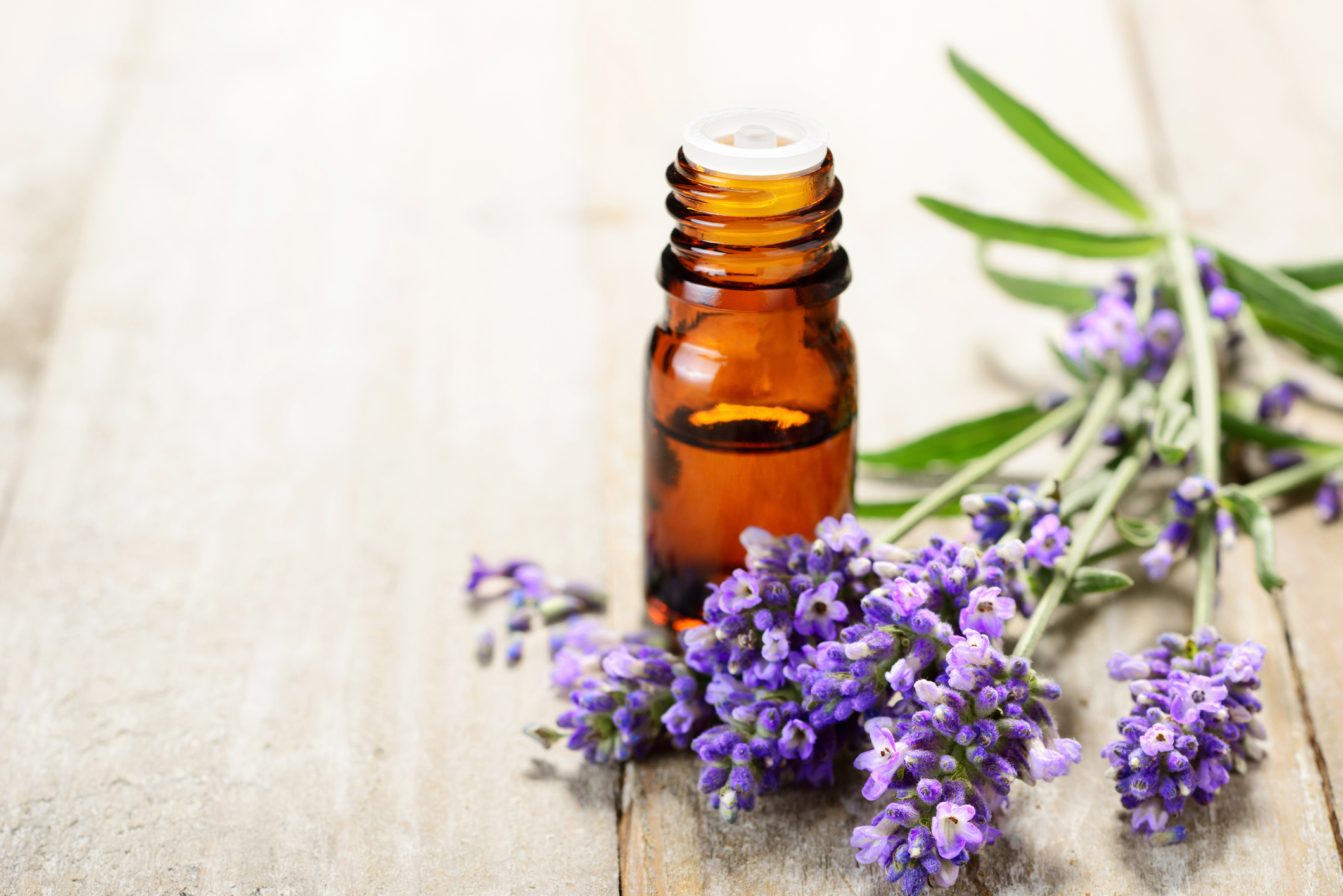Essential oils have been used for centuries to relieve pain, cut back on symptoms of sickness, freshen the air and a myriad of other things. While there is some controversy over their effectiveness on certain health conditions, there is no denying the fact that, if used properly, there are many benefits. Essential oils can provide antiseptic benefits, make you feel better and provide a pleasant fragrance without the use of harsh chemicals.
10 most common essential oils
- Clove oil: Due to the antimicrobial and antiseptic properties, this oil is often used to treat tooth and gum pain, headaches and blood problems.
- Eucalyptus oil: This natural oil is often used as a decongestant, deodorant, anti-inflammatory and muscle pain reliever.
- Lavender oil: Many people find that lavender oil enables them to relax and get a good night’s sleep. Lavender helps to reduce anxiety and pain.
- Lemon oil: A natural astringent, lemon oil helps rejuvenate the appearance of dull, lackluster skin.
- Lemongrass oil: Some people use this as an antidepressant, sedative and general tonic for providing the feeling of general well-being.
- Myrrh oil: Often used as an anti-inflammatory, myrrh oil also has antimicrobial and antifungal properties.
- Peppermint oil: People use peppermint oil for a variety of things, including pain relief, allergy relief, energy and respiratory health.
- Rose oil: Rose oil is an emollient that helps moisturize the skin. It contains a blend of natural antioxidants that also help to reduce inflammation.
- Sandalwood oil: Sandalwood essential oil is used to help with mental clarity, relaxation and memory. It is also beneficial as an anti-inflammatory, antiseptic and expectorant.
- Tea tree oil: Tea tree essential oil is an excellent cleaning and disinfectant product. It also helps control itching and scarring.
These essential oils may be used alone or blended with others for compounded effects. Although all of these essential oils have distinct benefits, if you experience any problems or difficulties with any of them, stop using them immediately.




Comments